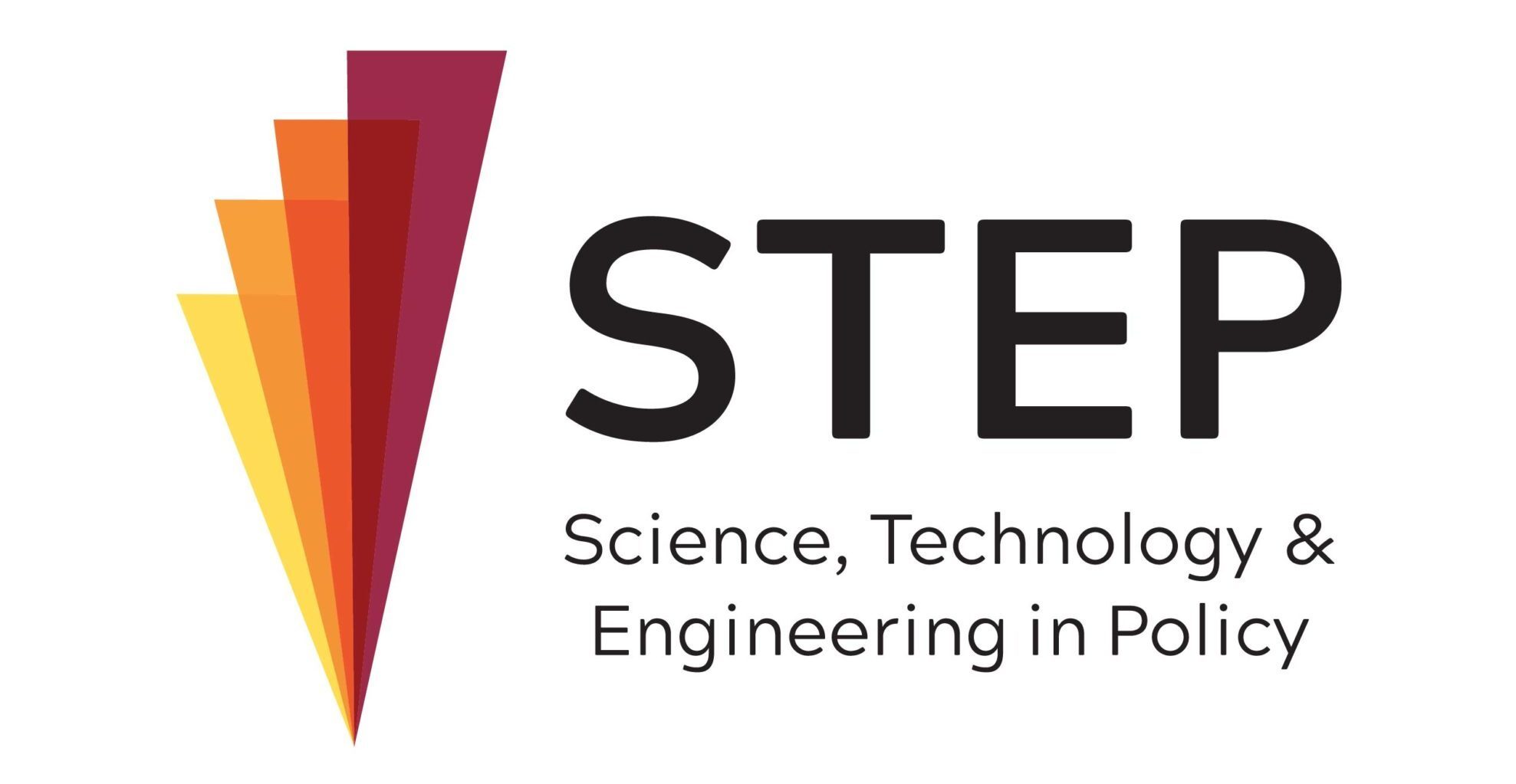Within the STEP program itself, we are offering two courses this Fall:
1) The Policy Gateway class (PSCI/SPIA/STS 5104) – Taught this semester by Dr. Anne-Lise Velez, both in-person in Blacksburg and online. Unfortunately, this is over-enrolled. If you really need to take it now to fulfill requirements, please ping us, but otherwise the plan is that it will be offered yearly (so again next Fall).
2) Policy Tools in STEM-H Domains (STAT/SPIA/PSCI 5134) – Taught online this semester by Dr. Maaz Gardezi. Monday evenings from 4-7 pm. There are still a few seats left, so please consider enrolling if of interest. The CRNs are: 89860, 89410, and 89783.
As always, you can find a description of these classes at www.step.vt.edu.
In addition, there are a couple of other relevant classes at VT you might consider this semester:
Systems Thinking Pedagogy and Praxis (ALCE 5704) – Taught by Dr. Hannah Scherer. Strategies promoting systems thinking in formal and non formal educational and community contexts. Instructional design for developing systems thinkers. Systems approaches to understanding problematic
situations and creating change using agricultural, community-based, and extension education examples. Foundational complex systems concepts and systems thinking perspectives for social and socioecological systems.
Urban Social Ecology (UAP 5424) – Taught by Dr. Shalini Misra. Offered Online Everywhere, Wednesdays 4 to 6:45 PM. Learn how to use the concepts and tools of social ecology and systems thinking to develop your own theoretical ideas. Analyze research and policy questions from a broad, ecological perspective that integrates multiple disciplines and links basic theory and research with community problem solving. Appreciate and discern the linkages between the social, political, economic, cultural, and spatial aspects of problems. Become acquainted with new tools and techniques that can translate to any field. Learn to create a systems map and a conceptual map for any complex scientific and societal problem. Learn how to use your systems map to develop interventions to address the problem. Use social ecological concepts and tools to create an evidence-based research product.
